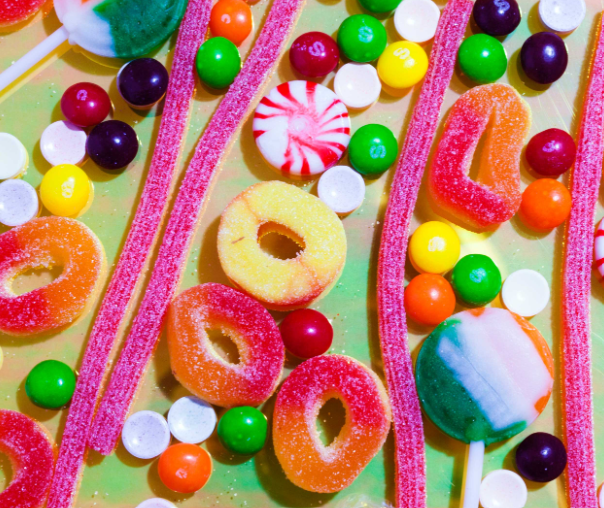LINGGUO SYNAPZ
Neurofeedback Therapy
Preference of sweet food is associated to increased likelihood of depression
This is a subtitle for your new post

Preference for sweet food is associated with 31% increased likelihood of experiencing depression.
A Study published in the Journal of Transitional Medicine found that people with "sweet tooth" have a significantly higher risk of depression, diabetes, and vascular issues compared to those who prefer healthier foods. The findings highlight the impact of diet on health risks.
The study found that individuals in the "sweet tooth" group had a 31% highter risk of depression. This was linked to higher blood glucose levels, poor lipid profiles, elevated C-reactive protein, a marker for inflammation. (Source: Neuroscience News, Journal of Translational Medicine).
This study aligns with my observations of clients with depression. During neurofeedback treatment, clients are encouraged to track their consumption of sugary foods while gradually reducing their intake. Additionally, they are advised to incorporate more vegetables and protein into their diet to support overall well-being.
Neurofeedback Blog

Lingguo Synapz
Phone: 91069556
Email: lingguosynapz@gmail.com
#02-33, KAP Mall
9 King Albert Park
Singapore 598332